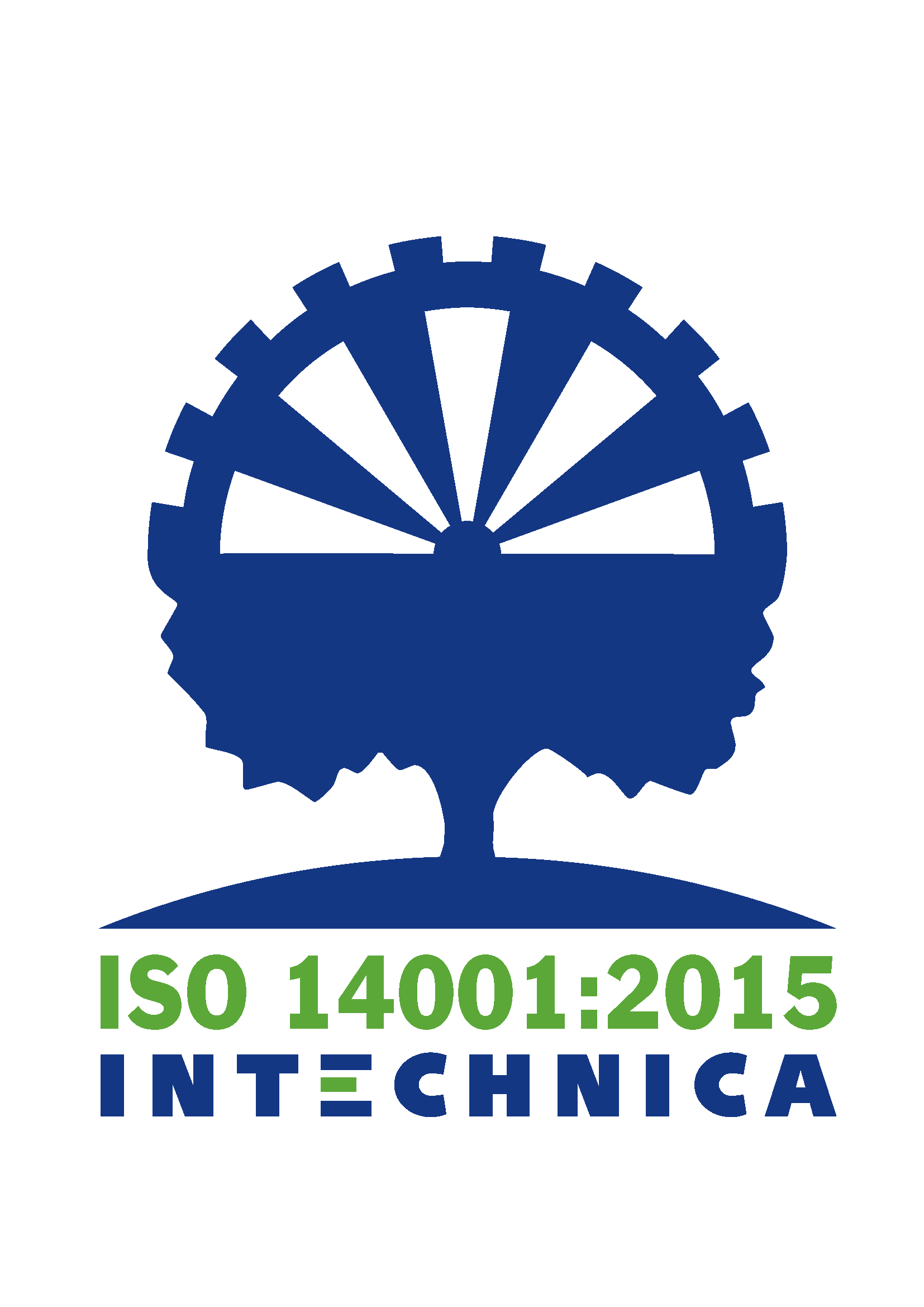As a manufacturer or distributor of products that contain springs, it is important to know and understand the different spring standards. In this article, we will tell you everything you need to know about spring standards.
What are spring standards?
Spring standards are set standards and guidelines that must be adhered to in the manufacture, testing, and use of springs. They are developed and published by national and international standardization organizations such as DIN (German Institute for Standardization) or ISO (International Organization for Standardization).
Why are spring standards important?
Spring standards are used to ensure the quality and safety of springs. By adhering to these standards, manufacturers can ensure that their springs meet the required performance and safety standards. This is especially important because springs are used in many industries, including automotive, aerospace, medical technology, and many others.
Types of spring standards
There are different types of spring standards, which can vary depending on the area of application and area of application. Some of the common spring standards are:
-
DIN EN ISO 10243:
This standard describes the requirements for compression springs made of round wire for use in tools and machines.
-
DIN EN 13906-1:
The standard specifies requirements for torsion springs that are used in a wide variety of areas such as household appliances, furniture or vehicles.
-
DIN 2098:
This standard defines the requirements for cylindrical standard springs made of round wire for general technical applications.
The Importance of Compliance with Spring Standards
Compliance with spring standards is of great importance to ensure the reliability and safety of products. If springs do not comply with current standards, there is a risk of quality defects, functional defects or even accidents. In addition, non-compliance with standards can lead to legal consequences.
As a B2B customer, it is important to ensure that the springs you use comply with the relevant standards. This not only ensures the quality and safety of your own products, but also compliance with legal requirements.
Overall, spring standards are critical to the quality, safety, and compatibility of springs in various industrial applications. By complying with these standards, smooth integration and use of springs can be ensured.









Leave A Comment